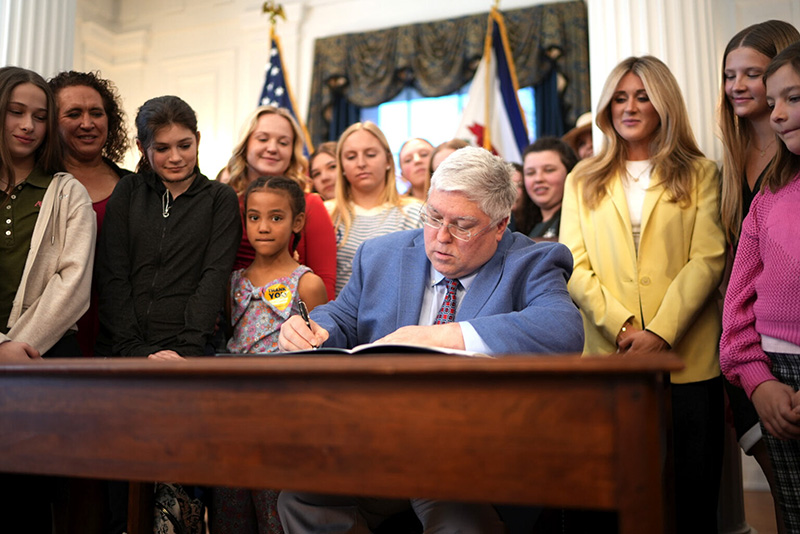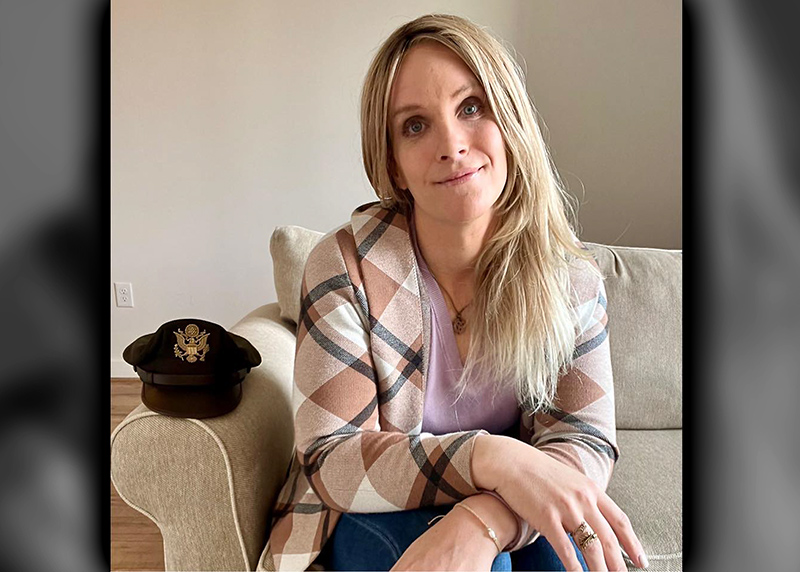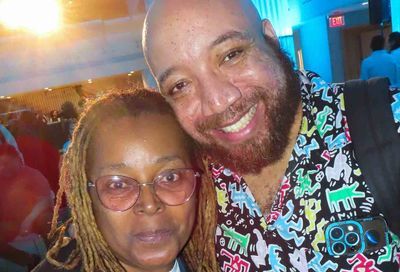Anti-LGBTQ Bills Fail To Pass In West Virginia
Lawmakers had proposed reversing local nondiscrimination ordinances and municipal bans on conversion therapy.

At the beginning of the 2022 legislative session for West Virginia, on January 12, state lawmakers appeared poised to introduce, discuss, and implement a string of anti-LGBTQ laws, which would have brought West Virginia into line with other conservative states that have recently taken aim at LGBTQ rights.
But when the session ended two months later, no anti-LGBTQ legislation had made it through either governing body.
According to Andrew Schneider, the executive director of Fairness West Virginia, the Mountaineer State’s top LGBTQ advocacy organization, there were several bills targeting LGBTQ West Virginians prepared by legislators.
But Schneider claimed, in a blog post relaying what occurred during the legislative session, that Fairness West Virginia, using its influence amongst the state lawmakers, had been able to combat the potential onslaught.
“Our team went into this session facing a huge uphill battle,” Schneider wrote in the post. “We worked night and day to fight back against these attacks – including a significant last-minute pro-conversion therapy bill.”
“The odds were completely stacked against us. And yet, we still won,” he added.
Schneider noted that there were “nearly two dozen anti-LGBTQ bills” prepared by lawmakers for this session.
The vast majority of the proposed bills would be familiar to those who have been following the recent push for anti-LGBTQ legislation in other states.
One bill would have overturned local bans on conversion therapy in West Virginia, immediately leaving LGBTQ youth at risk of being subjected to a brutal practice that Schneider called “child abuse.” Another bill — also targeting local government measures — would have repealed or undercut local ordinances making anti-LGBTQ discrimination in “employment, housing, and public spaces” illegal.
The other bills proposed this past session were nearly identical to the high-profile anti-LGBTQ bills being championed by Florida and Texas. Hoping to follow in those two states’ footsteps, legislators in West Virginia proposed “several bills this year that would have made it harder for teachers to support their LGBTQ students,” Schneider wrote.
“One bill would have banned teachers from even displaying a rainbow in their classroom,” he wrote. “Other proposals, like the ‘Classroom Gag Order’ bill, were designed to scare teachers from talking about racism, diversity, and inclusion in the classroom.”
Continuing on the theme of copying Florida and Texas, the West Virginia legislative bodies also tried to implement legislation that would prevent transgender youths from receiving gender-affirming medical care. But lawmakers failed to take action prior to the end of the regular legislative session.
Schneider claimed in a statement that Fairness West Virginia was able to help defeat the bills by leveraging relationships with lawmakers and undertaking a campaign to mobilize supporters to email their legislators, sending approximately 50,000 emails opposing the various anti-LGBTQ measures.
Lawmakers also sought to eliminate the state’s Human Rights Commission — primarily a favor to employers wary of discrimination lawsuits being lodged against them by their workers, but a measure that would also require victims of discrimination to bear the financial burden of court costs associated with filing a lawsuit. But the bill failed to pass before the 60-day legislative window had expired.
While LGBTQ advocates hailed the defeat of anti-LGBTQ legislation, they also warned that similar bills may emerge in future sessions, and stressed vigilance to ensure LGBTQ rights and protections are not further rolled back
“The session may be over, but our work isn’t. We’re going to build on this momentum and fight even harder,” Schneider concluded. “We’re going to help even more communities adopt local fairness laws and protect their kids from the dangers of conversion therapy.”
Support Metro Weekly’s Journalism
These are challenging times for news organizations. And yet it’s crucial we stay active and provide vital resources and information to both our local readers and the world. So won’t you please take a moment and consider supporting Metro Weekly with a membership? For as little as $5 a month, you can help ensure Metro Weekly magazine and MetroWeekly.com remain free, viable resources as we provide the best, most diverse, culturally-resonant LGBTQ coverage in both the D.C. region and around the world. Memberships come with exclusive perks and discounts, your own personal digital delivery of each week’s magazine (and an archive), access to our Member's Lounge when it launches this fall, and exclusive members-only items like Metro Weekly Membership Mugs and Tote Bags! Check out all our membership levels here and please join us today!

























You must be logged in to post a comment.